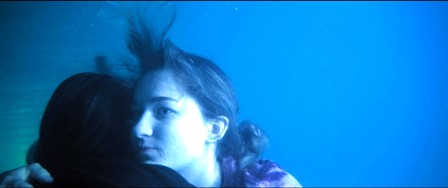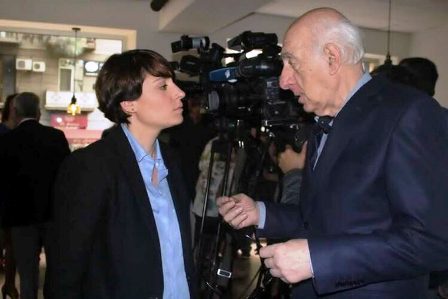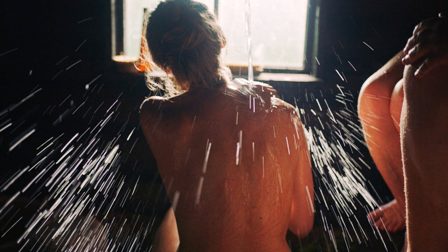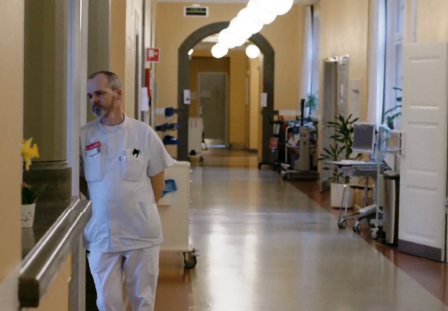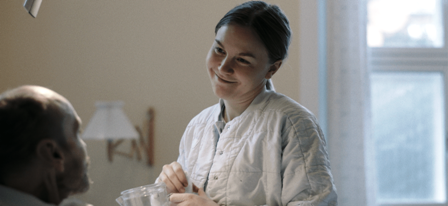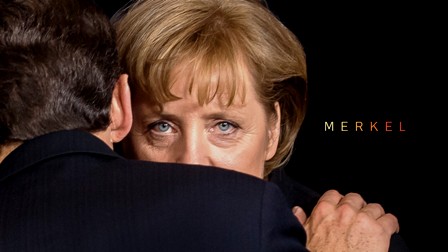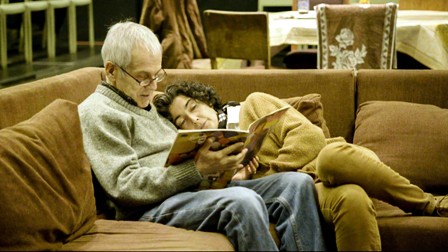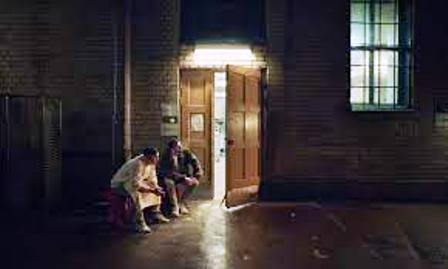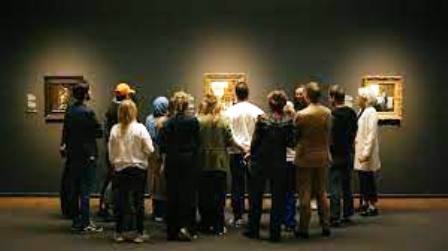


CPH:DOX 2023 online til April 2
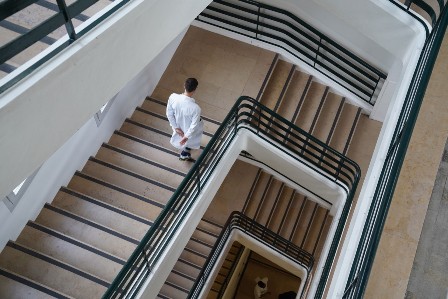
CPH:DOX rolls over you like a strong warm pacific wave in the cold Danish springtime, and if, like most of us, you have your ordinary job to look after on the side, it can be hard to keep up, you just hold your breath and roll along.
By the time this year’s winners has been announced, you are only just getting a grip of what you would like to see. Planning your personal festival program (thank god the paper program is back!) takes time, changes as you read reviews and get recommendations from friends, and is often filled with regrets, as you realize you’ve missed the last screening of a film you didn’t know you MUST see.
On this last weekend of CPH:DOX, a few thoughts on what I have chosen to see this year. There are still films to see on the big screen, extra screenings are coming up in the following week and fortunately there is also the online platform PARA:DOX to catch up on a selection of the rest.
What I did see?
The Super 8 Years, literary cinema by Annie Ernaux and her son that adds another dimension to her oeuvre, made of private home movies beautifully filmed by her late ex-husband, wonderfully edited together with the authors words. Whether you have read the Nobel-prize winner or not, don’t miss the film on PARA:DOX.
Joan Baez in person. The air was thick with love when three generations were gathered in Bremen for the Danish premiere of Joan Baez, I Am a Noise, a well-crafted film made with an incredible personal archive, surprisingly private.. – “I want to leave an honest legacy” Baez said.
I only watched one of the films in the main competition, so that’s my personal winner for now: On the Edge, with the more pertinent original French title État limite, a highly relevant political film about a psychiatrist in a public hospital outside Paris trying to work humanely under inhuman conditions, asking questions about the state – and the limitations – of the welfare state today.
Hypermoon (after reading Tue’s comment) and Budding Humans (if you need a feelgood film, try a fly-on-the-wall doc about the friendship between two two-year-olds).
I also tried out UNG:DOX, the festival’s selection of films for high school students, where I watched two rather weak French films: The Other Profile (Le vrai du faux) and The Flag (Le Repli, interesting subject, terrible film).
What am I looking forward to:
Under the Sky of Damascus tonight Saturday in Empire, archive master Sergei Loznitsa’s latest film The Natural History of Destruction, The Hamlet Syndrome, The Eternal Memory and, of course, the winner of the festival Motherland, the winner of the Politiken:DOX Award Apolonia, Apolonia, now running in the Danish theatres, and much more online…
What do I miss?
Nicely curated thematic side programs and retrospectives. A big festival should also connect with the past and share film history with its audience. This year, for example, it could have been interesting to look back at how the Iraq War has been depicted and reflected on in documentary films..
Thank you for the feast so far CPH:DOX and happy birthday!
Watch CPH:DOX 2023
Watch CPH:DOX 2023 on PARA:DOX until April 2: https://paradox.dk/
The Super 8 Years (Les Années Super 8, Annie Ernaux & David Ernaux-Briot, France 2022, 61 min.) : https://paradox.dk/film/the-super-8-years/
On the Edge (État limite, Nicolas Peduzzi, France 2023, 93 min.): https://paradox.dk/film/on-the-edge/
Hypermoon (Mia Engberg, Sweden 2023, 78 min.): https://paradox.dk/film/hypermoon/
Budding Humans (Store små mennesker, Gunhild Westhagen Magnor, Norway 2022, 70 min.): https://paradox.dk/film/budding-humans/
STILL: stillbilledet kommer fra On the Edge (État limite), director Nicolas Peduzzi, GoGoGo Films.
